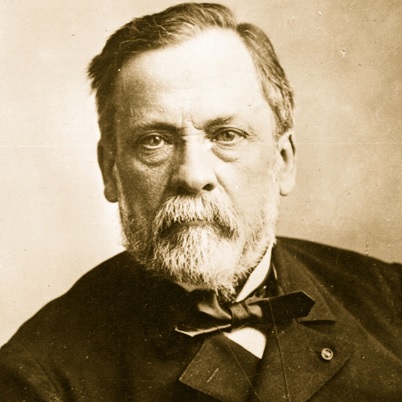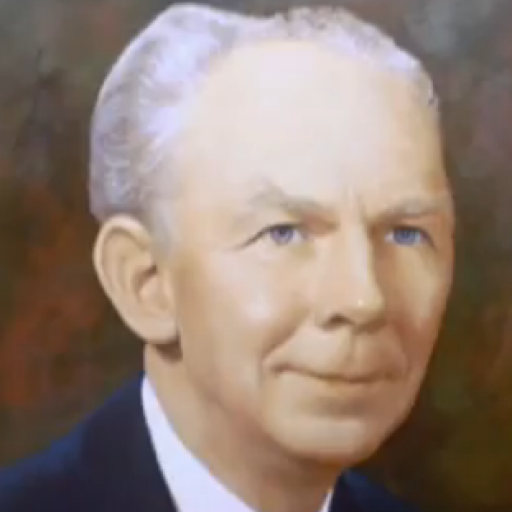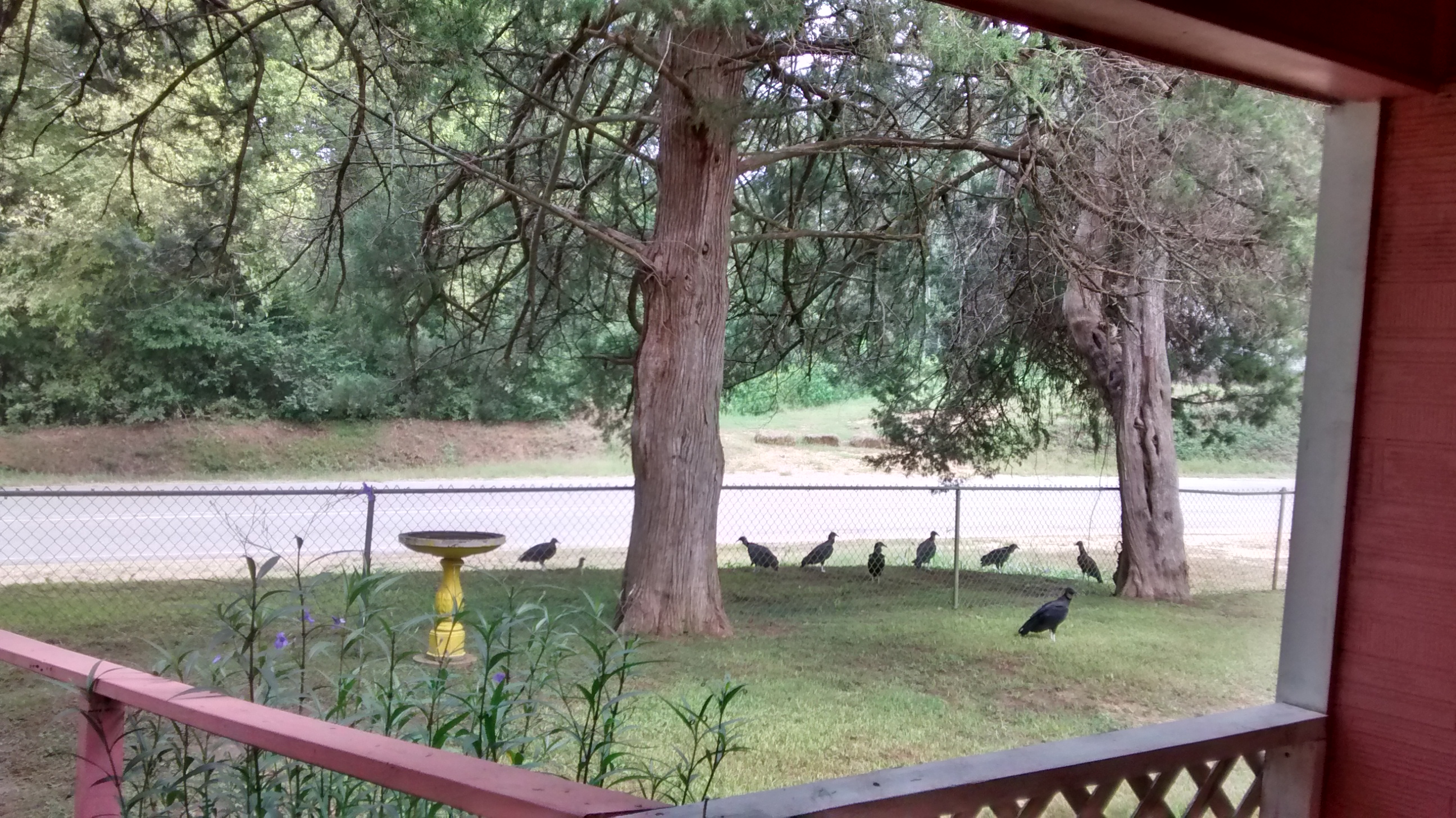Letters starting with “P”
PARABOLICALLY
See: PARABOLIC 1
- of, in the form of, or expressed by a parable
See: PARABOLIC 2
- of or like a parabola
- bowl-shaped, as a reflector, antenna, or microphone, so that sections parallel to the plane of symmetry are parabolas
PARALLAX
- the apparent change in the position of an object resulting from the change in the direction or position from which it is viewed
- a) the amount of angular degree of such change: the parallax of an object may be used in determining its distance from the observer because smaller angles indicate greater distance b) Astron. the apparent difference in the position of a celestial object with reference to a fixed background when viewed from two distant locations having a triangulated base line equal to the radius of the earth (diurnal parallax or geocentric parallax) or equal to the radius of the earth’s orbit (annual parallax or heliocentric parallax)
- the difference between the actual view covered by a camera lens and the apparent view seen through the viewfinder: this may be significant when the object is close to the camera
PASTEUR
Note: Wikipedia
- December 27, 1822, Dole, France – September 28, 1895 Marnes- la Coquette, France. Nationality, French. Fields, Chemistry, Microbiology. Notable awards: Rumford Medal (1856, 1892) ForMemRS (1869) [2] Copley Medal (1874) Albert Medal (1882) Leeuwenhoek Medal (1895) Louis Pasteur was renowned for his discoveries of the principles of vaccination, microbial fermentation and pasteurization. Created the first vaccines for rabies and anthrax. He is regarded as one of the three main founders of bacteriology, together with Ferdinand Cohn and Robert Koch and is popularly known as the “father of microbiology”. He was director of the Pasteur Institute, established in 1887, till his death, and his body lies beneath the institute in a vault covered in depictions of his accomplishments in Byzatine mosaics.
PAVILION
butterfly, also tent (from its shape): see PAPILIONACEOUS]]
- a large tent, usually with a peaked top
- a) a building or part of a building, often partly open and highly ornamented, used for entertainment, exhibits, etc., as at a fair or park b) a decorative shelter or summerhouse
- part of a building jutting out from the main part and often ornamented
- any of the separate or connected parts of a group of related buildings, as of a hospital or sanitarium
- the part of a brilliant-cut gem between the girdle and the culet:
PITUITARY
See: PITUITARY GLAND
- of or secreting mucus
- of the pituitary gland
- PITUITARY GLAND
- any of various preparations made from extracts of the pituitary gland
- pituitary gland (or body) a small, oval endocrine gland attached by a stalk to the base of the brain and consisting of an anterior and a posterior lobe: it secretes hormones influencing body growth, metabolism, the activity of other endocrine glands, etc: see BRAIN, illus.
PRECONDITIONED
- to prepare (someone or something) to behave, react, etc. in a certain way under certain conditions – a condition required beforehand if something else is to occur, be done, etc.
PRINCIPLES
- the ultimate source, origin, or cause of something
- a natural or original tendency, faculty, or endowment
- a fundamental truth, law, doctrine, or motivating force, upon which others are based/moral principles/
- a) a rule of conduct, esp. of right conduct b) such rules collectively c) adherence to them; integrity; uprightness/a man of principle/
- an essential element, constituent, or quality, esp. one that produces a specific effect/ the active principle of a medicine/
- a) the scientific law that explains a natural action/the principle of cell division/ b) the method of a things operation/ the principle of a gasoline engine is internal combustion/-in principle theoretically or in essence
PROGRESSION
- a moving forward or onward; progress
- a sequence or succession, as of acts, happenings, etc.
- Math. a sequence of numbers, each of which is obtained from its predecessor by the same rule: see ARITHMETIC PROGRESSION, GEOMETRIC PROGRESSION
- Music a) the movement forward from one tone or chord to another b) a succession of tones or chords
PSYCHIC
- of or having to do with the psyche, or mind
- beyond natural or known physical processes
- apparently sensitive to forces beyond the physical world
- a person who is supposedly sensitive to forces beyond the physical world
- a spiritualistic medium





























 Dr. Ernest L. Norman
Dr. Ernest L. Norman










































Recent Reflections…